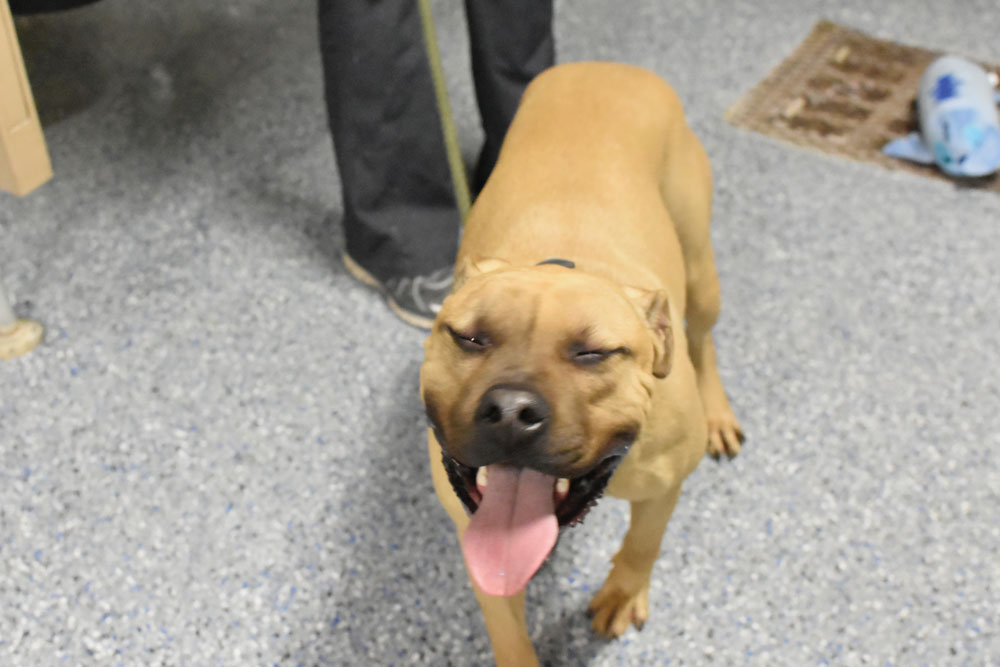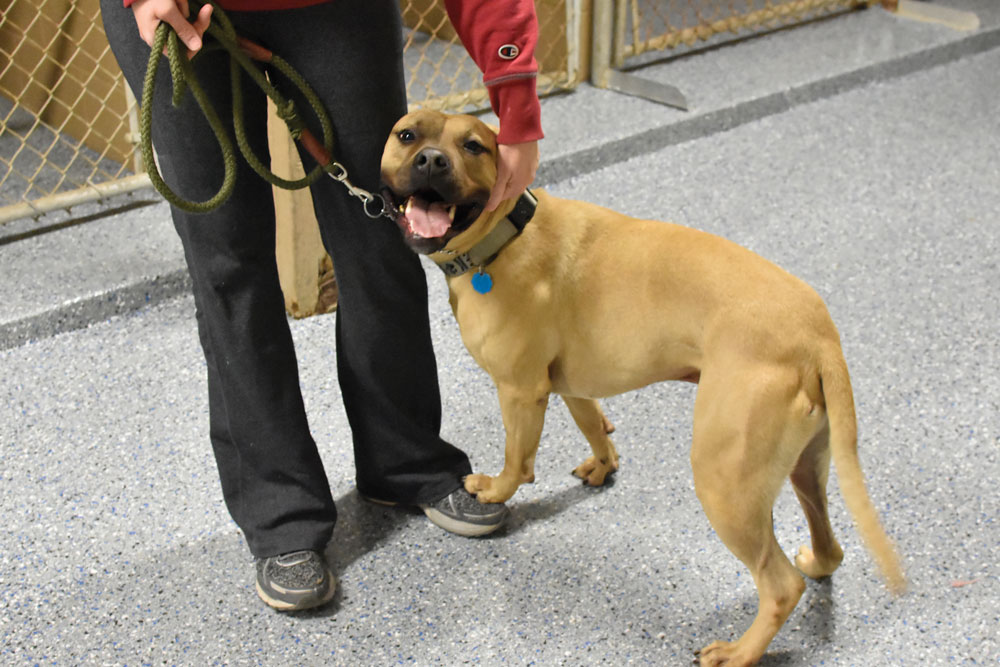Pets get cold, too
By Thomas Nelson, tnelson@charlescitypress.com
It’s that time of year again. Where the temperature is so cold your skin hurts. And if your skin is hurting imagine how bad it is to be naked, and be furry.
Outdoor pets like dogs and some cats feel the cold just like we do, with the added disadvantage of not often wearing shoes.
Dogs more specifically usually deposit their waste excrement outside, which can be problematic when the temperature drops below freezing, let alone below 0 degrees.
“Ideally no pet should be left outside for a long time in below freezing weather,” said Rachel Mack, veterinarian at Avenue of the Saints Animal Hospital. “Especially if they’re not used to being outside.”
Every animal is different, just like every person is different.
“Those animal that have a thick coat and have a little fat on them, they’re going to be a little bit better (in the cold) than those animals with thin hair coats, and not much fat on them,” Mack said. “One things you can do is talk with your vet about how you feel your animal will take the cold weather.”
If an animal has to be outside for long periods of time, it is important to have a shelter for the animal to use.
“Animals in the wild will go and dig their own shelters to get ready for winter,” Mack said.
Animals that are in captivity don’t really have that ability. Because they can’t make their own shelter, it needs to be provided, Mack said.
Driveways
Driveways can present problems for pets because of the salt and chemicals used to make them passable.
Salt can do a couple of different things, Mack said.
“It can be pretty hard on their paws if it gets up between their paw pads,” Mack said. “It can really irritate the skin.”
If pets lick the salt off their skin they’re ingesting a lot of salt.
“That can wreak havoc on their systems,” Mack said.
One of the things that vets recommend is that after an owner goes on a walk with their dog, wipe or wash their feet once they get home, Mack said.
It can get rid of snow or ice packed between their toes, and any antifreeze that they may have walked in.
Antifreeze can kill pets
Getting rid of and keeping pets away from antifreeze is very important as it is toxic.
“A couple of licks of that and it can be deadly,” Mack said.
Going for a walk with a dog during the winter can be problematic too, because of how cold it is, for both of you.
Using your best judgement is going to be key, Mack said. If you have a big hairy dog, you can have it out longer than a small hairless one.
“The dogs will want to go out and go for a walk,” Mack said. “If it’s sleeting or raining, that coat can get wet, and then that’s really hard for them to keep warm with that wet coat. So keeping them dry is super important.”
If it’s too cold for you, it might be too cold for your pet, Mack said.
“Dogs and cats can get frostbite, just like we can,” Mack said. “They’re not going to get it as quickly, but they will still get frostbite if they’re out in that really cold weather.”
There are booties that pets can wear outside to avoid paw troubles, and protect their feet from snow and ice, but some pets don’t like wearing them.
“They can certainly get cracks in their paws and cut their feet,” Mack said.
It’s also important to remember that cars can hold cold as well as heat, so keeping your pet in the car while shopping can be like putting them in the refrigerator, Mack said.
“They can actually get colder in there,” Mack said. “Keep your dog at home.”
The American Veterinarian Medical Association has more tips for protecting pets and livestock during winter at: https://www.avma.org/public/PetCare/Pages/Cold-weather-pet-safety.aspx










Social Share